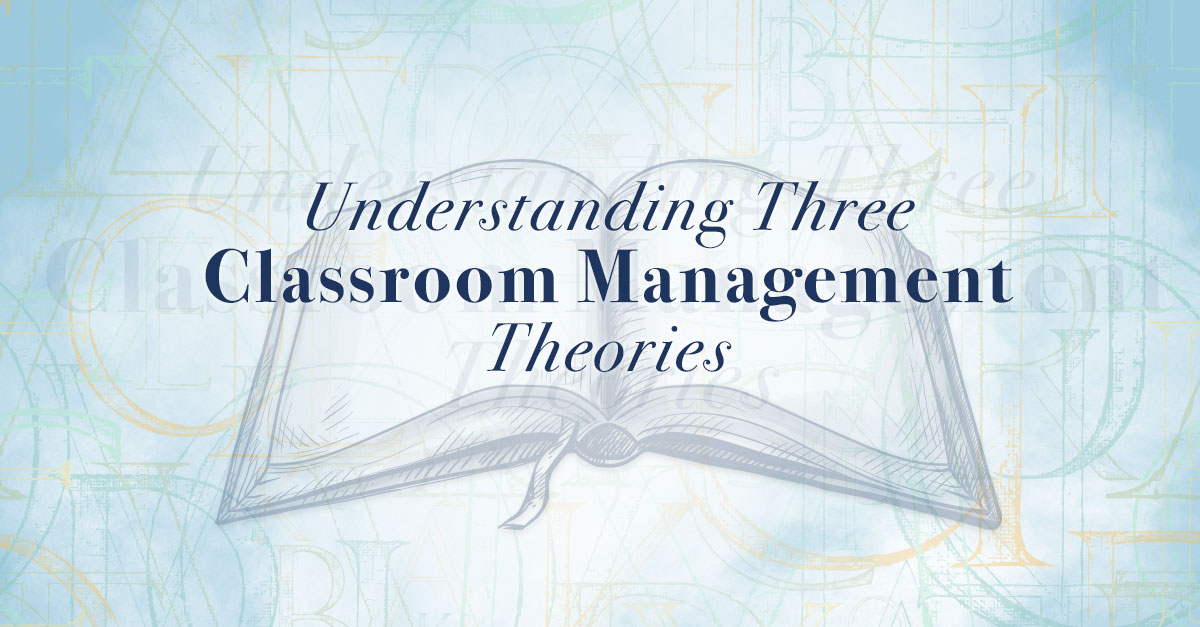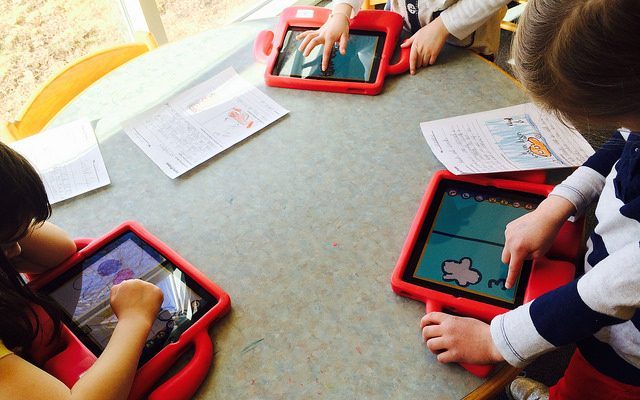The Next-Generation Science Standards and the Future of Learning

Cross-curricular lessons prepare today’s students for tomorrow’s jobs.
By Ted Levine
There is no public intellectual in our society who is better able to peer far into future than ISTE’s 2016 opening speaker, Michio Kaku. To a packed auditorium of thousands of teachers and educational leaders, the theoretical physicist gave a powerful address not only on the future of education, but on the future of society at large—and the role education needs to play in order to achieve that future.
One particular remark stood out to me: “Jobs of the future will require creativity, imagination, and experience… This means that educators are going to have to stress concepts and principals, rather than drudgery of memorization.” When I heard this, I immediately thought of the Next Generation Science Standards.
Unlike Common Core, NGSS have received a warm embrace from educators. The standards aim to address a critical challenge of 21st-century society in the United States: a shortfall of STEM talent across the country. That sounds pretty simple, but to be honest, the standards themselves are heavy in verbiage. Unless you spend several rounds reading through them, they can be hard to decipher. So what do they actually call for?
At the highest level, NGSS differs from previous science standards in that they call for a deeper level of context. In the past, science standards have aimed to have teachers present lessons so that students can memorize specific material and, more often than not, be tested on it. The standards didn’t call for application of that material beyond regurgitating it onto a test. But let’s think back Kaku’s quote. We need to raise a generation of thinkers and doers, and fortunately the NGSS aims to add the “doing” as a key component of science education.
A great example of how an NGSS-designed lesson differs from a traditional science lesson comes from Dr. Lauren Madden, an assistant professor of elementary education at the College of New Jersey. Instead of teaching a traditional lesson on the different forms of matter—in which students might be taught the basic principles of solids, liquids, and gases—Dr. Madden adds in an element of “doing” that brings these principals front and center through experience. She asks her students to create their own boats out of everyday materials (solids), put those models into water (liquid), and evaluate how well the boats perform. Based on their observations, student rework their models, all the while applying the principals of solids and liquids in practice.
Certainly in the above example, the remodeling of boats through observation requires some degree of creativity. But what if we take the concept of “context” and extend it one step further. What if we add into this lesson a component of history? How does this lesson apply to the broader world in which we live, not just the principals of solids and liquids?
What a lot of educators don’t realize is that science and social studies are often taught in silos not because that’s the best way to teach them, but because that’s how content and information have been distributed in the past. Furthermore, a specific scope and sequence of material and lessons are based on the distribution of a finite amount of content, traditionally in the form of a textbook. But we don’t need to follow those same rules in the future. In fact, we should design lessons and experiences that encourage a 360-degree view of a particular concept or principle, and encompass content and context that span several areas of study.
To create this kind of fluid learning experience, we should look to Marshall McLuhan—like Kaku a public intellectual who gazed into the future—who famously said, “The medium is the message.”
Only with thoughtfully interconnected digital curriculum can we empower students to answer far-ranging but interconnected questions such as “Why do we have boats in the first place? What role do boats play in our lives today? How have boats influenced the course of history and civilization throughout the world?” With standards-aligned digital curriculum, incorporating activities that help reinforce specific science principles like solids and liquids is just the tip of the iceberg. Let’s go beyond that and find ways to build a comprehensive view of how those principles impact humans and how we as a global society interact with one another. We can even tie in the impact those interactions have on the planet we inhabit.
Incorporating physical science, geography, world history, and earth science in the same lesson may sound like an unlikely scenario. But in my opinion, it’s a challenge we should accept—and with the power of digital curriculum, I believe it’s a goal we can accomplish. If we can all put on Kaku’s lens for a moment, we can envision entirely new kinds of lessons that harness the power of cross-curricular design and achieve a level of context never before seen in K-12 education.
Ted Levine is the president and CEO of the award-winning social studies and science publisher Kids Discover.





